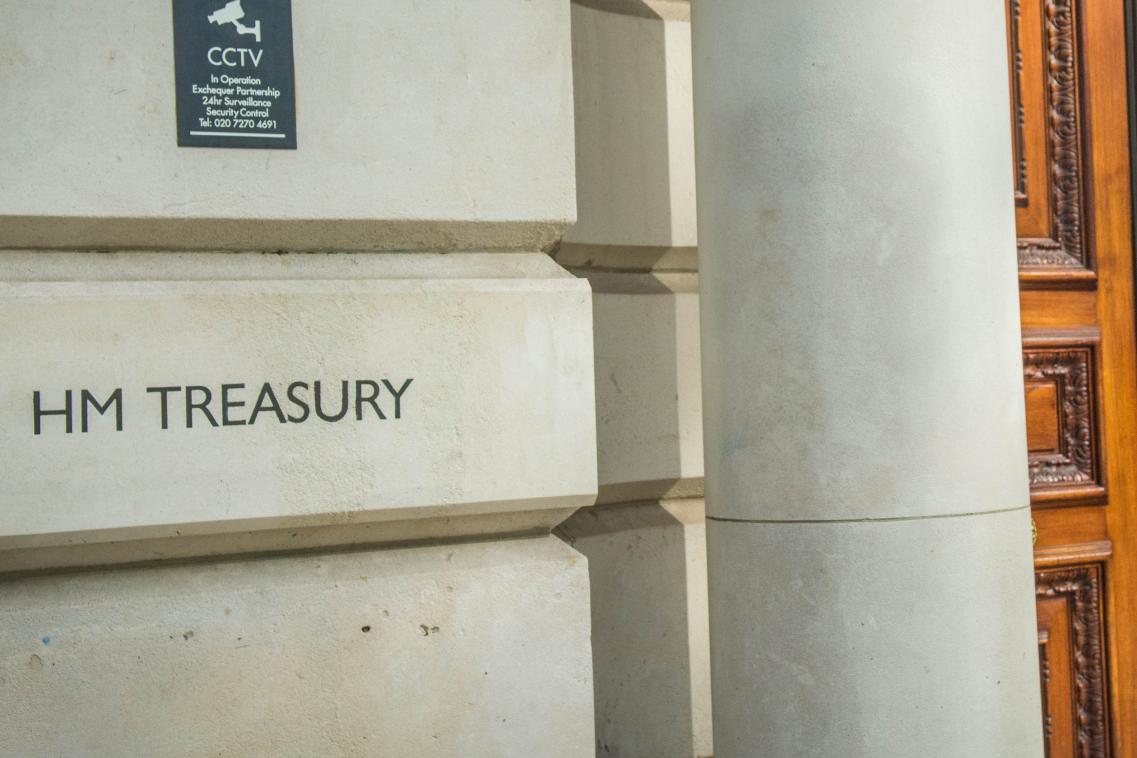Comment
In their Correspondence (March 19, p 1162),1 Peter Scarborough and colleagues correctly quote us as saying that “the efficacy of [a sugary drinks tax] will depend on what products [consumers] switch to and how firms change their prices”, stating that we “based [our] conclusions on economic theory without reference to the evidence”.
We agree that the magnitude of consumer response is an empirical question. Our Green Budget chapter2 neither supported nor opposed the proposed sugary drinks tax, but rather aimed to highlight some of the complexities surrounding such a tax and where the evidence base should be improved. We also do not dispute the unsurprising finding that consumption of sugary drinks fell in countries in which a sugary soft drinks tax had been introduced.
We disagree, however, that concerns about substitution responses can be lightly dismissed.








































